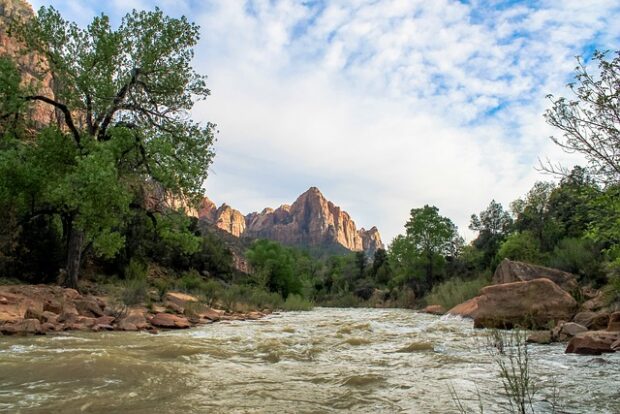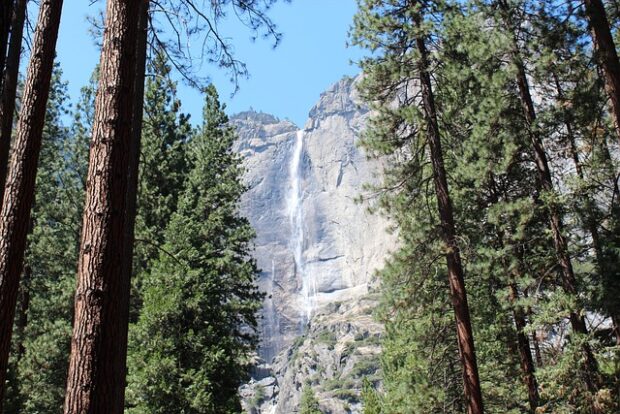The allure of the great outdoors, where untouched landscapes unfold in all their splendor, is perfectly encapsulated by the US National Parks. These natural sanctuaries spread across the country, offering a treasure trove of breathtaking vistas, diverse ecosystems, and unforgettable experiences. Whether you’re a seasoned adventurer or a first-time nature enthusiast, embarking on a journey to a US National Park requires some preparation and insider knowledge to ensure a smooth and enriching experience. In this guide, delve into essential tricks and tips that will enhance your visit to these majestic expanses of nature.
1. Research and Plan Ahead
Conducting an in-depth study about the particular national park that you wish to visit should be considered. Each park has its distinct characteristics, topography, and set of rules. Every national park has something unique to offer visitors, whether it is the misty woodlands of Joshua Tree National Park, the geothermal wonders of Yellowstone National Park, or the roaring rapids of New River Gorge National Park. Get acquainted with the trail maps, visitor centers, entrance fees, and any other applicable seasonal concerns. You can modify your vacation to suit your preferences and guarantee that it runs smoothly if you plan it right.

2. Pack Wisely and Dress Accordingly
It is quite necessary to pack efficiently to have a pleasant trip. Clothing that can be layered allows you to adjust to fluctuating weather conditions, and durable hiking boots give you comfort and support while you’re exploring. Remember to bring along necessities such as water bottles, food, sunscreen, a hat, bug repellant, and a first aid kit with the bare minimum. Even if you have a GPS device, it is still a good idea to have a map with you in rural places because there is a good chance that connectivity will be intermittent.

3. Respect Wildlife and Nature
When traveling to a national park, visitors must show proper courtesy to the park’s native inhabitants and the natural surroundings. Animals are unpredictable and wild; therefore, you should always be safe. Feeding wild animals can have negative effects on their habitats as well as the animals themselves. Stay on the trails that have been designated for you to stop the erosion of the soil and protect the delicate plants. In addition, pay attention to the volume of the noise around you so that the peace that makes these parks unique can be preserved.

4. Capture the Moment Responsibly
Sharing your national park journey on social media has an inherent charm. Nevertheless, it is critical to do responsibly when photographing the occasion. It is best to avoid geotagging specific sites because doing so can lead to an increase in the number of people walking through the area, which could potentially cause damage to the ecosystem. Appreciate the natural splendor of the park without upsetting the delicate balance that it maintains.
5. Embrace the Ranger Programs
Ranger-led programs in national parks include a wide variety of topics, including the area’s history and its geology, flora, and animals. These programs are extremely beneficial. These activities, which can include guided walks, seminars, and workshops, are a wonderful way to acquire a more in-depth comprehension of the park’s value. Not only does interacting with rangers increase one’s understanding, but it also helps cultivate a deeper respect for the importance of protecting these ecosystems.
6. Practice Leave-No-Trace Ethics
A tourist to a national park should always make an effort to have as little of an effect as possible on the surrounding ecosystem. This way of thinking requires leaving behind everything you bring in and avoiding causing any harm to the surrounding natural environment. Respect the laws of the park governing campfires and the disposal of waste, stop plucking flora or upsetting wildlife, and follow the rules for how rubbish should be disposed of.
Conclusion
A trip to a US National Park, whether it be Yosemite’s soaring sequoias, Acadia’s untamed coastline, or the Grand Canyon’s breathtaking gorges, is a voyage into the magnificence of nature. Planning beforehand, being environmentally sensitive, and having a zest for exploration are essential for making the most of your trip. You’ll make priceless memories by immersing yourself in the park’s charms and applying the abovementioned tactics, but you’ll also help preserve these breathtaking landscapes for future generations.
